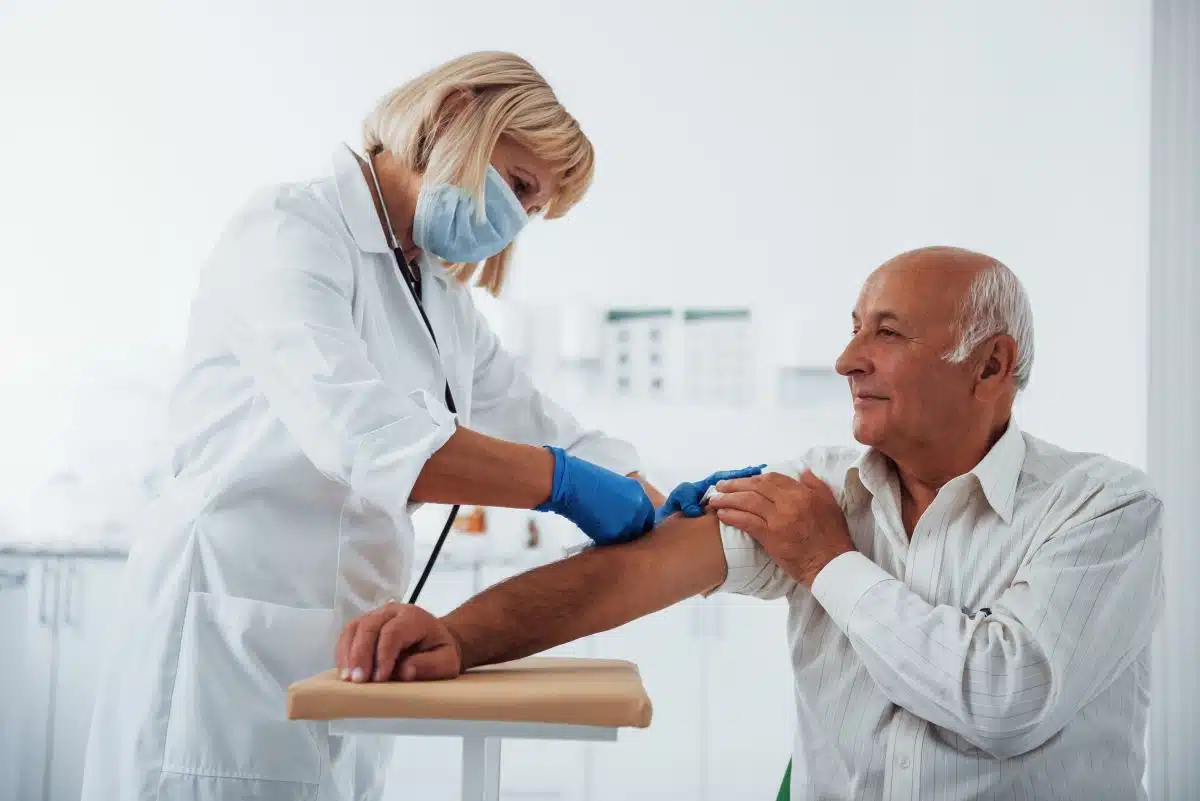Planning your next big adventure? While packing your bags and creating your itinerary, don’t forget an important step: ensuring you’re up-to-date with your MMR vaccination. The good news is this simple precaution can keep you healthy on your travels. The better news is that it’s backed by science and global health recommendations.
What is the MMR Vaccination?
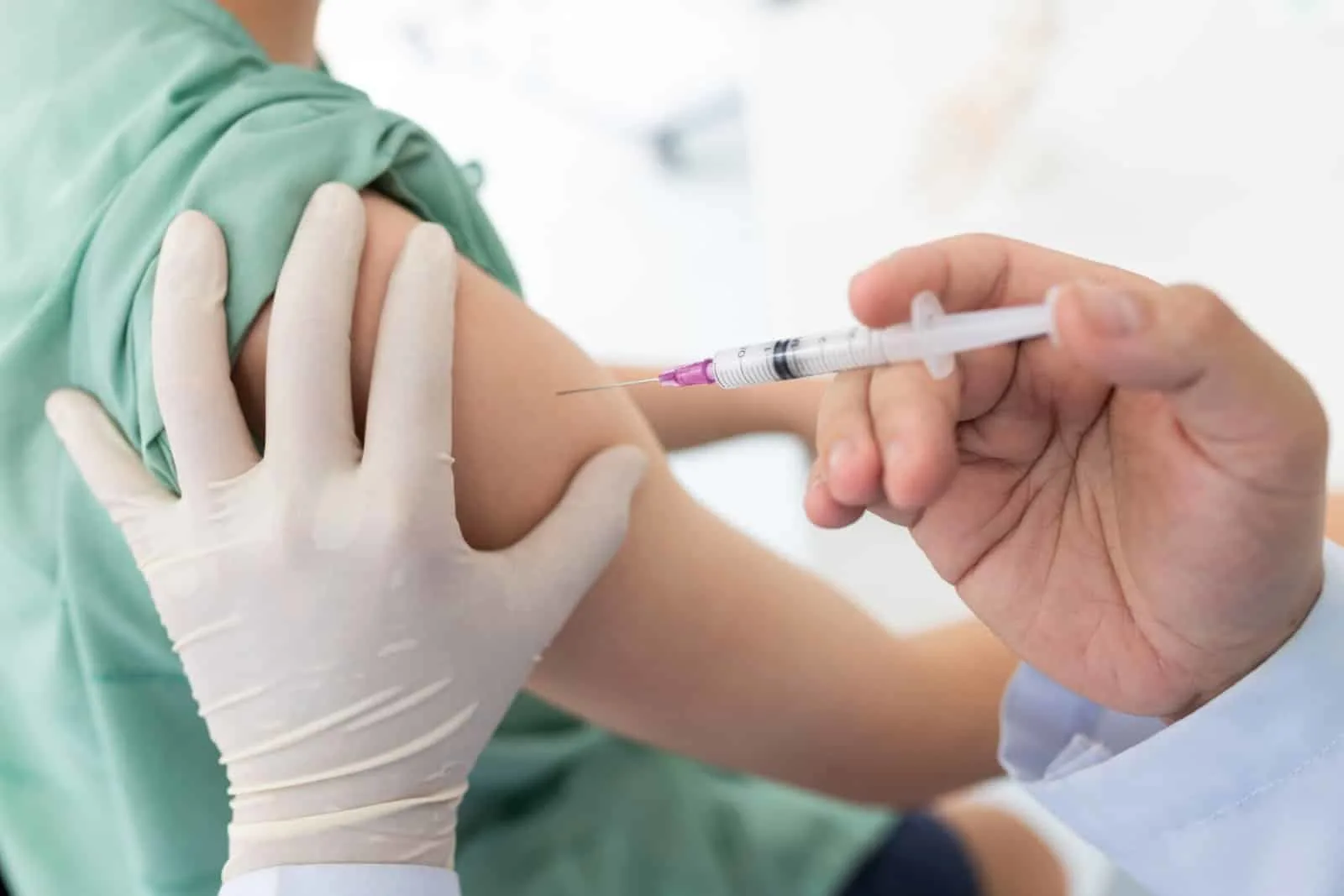
Image Credit: Shutterstock / Tong_stocker
The MMR vaccine protects against three highly contagious diseases: measles, mumps, and rubella. These diseases can have severe health consequences, but the vaccine is a reliable way to prevent them and ensure your travels are worry-free.
Stay Safe from Measles

Image Credit: Shutterstock / Cryptographer
Measles is not just a childhood illness; it’s a serious health threat, particularly when traveling. Even if you’re visiting a country where measles was once eradicated, outbreaks can still occur due to fluctuating vaccination rates. In 2019, the U.S. saw 1,282 cases, the highest in 27 years. The MMR vaccine is over 93% effective in preventing measles with the first dose and about 97% effective with two doses.
Avoiding Mumps Outbreaks

Image Credit: Shutterstock / Stokkete
Mumps might seem less severe, but it can lead to complications like meningitis and permanent deafness. When traveling to areas with close-contact settings, such as crowded tourist spots or festivals, your risk increases. The MMR vaccine is 88% effective at preventing mumps with two doses, offering peace of mind during your travels.
Protecting Against Rubella

Image Credit: Shutterstock / Andrey_Popov
Rubella is particularly dangerous for pregnant women, as it can cause serious birth defects. Before the vaccination program, rubella caused widespread epidemics. The MMR vaccine has made rubella rare in the U.S. with an effectiveness rate of 97%. Ensuring you’re vaccinated protects you and helps prevent the spread of this disease to vulnerable populations.
Why Vaccination Matters for Travelers
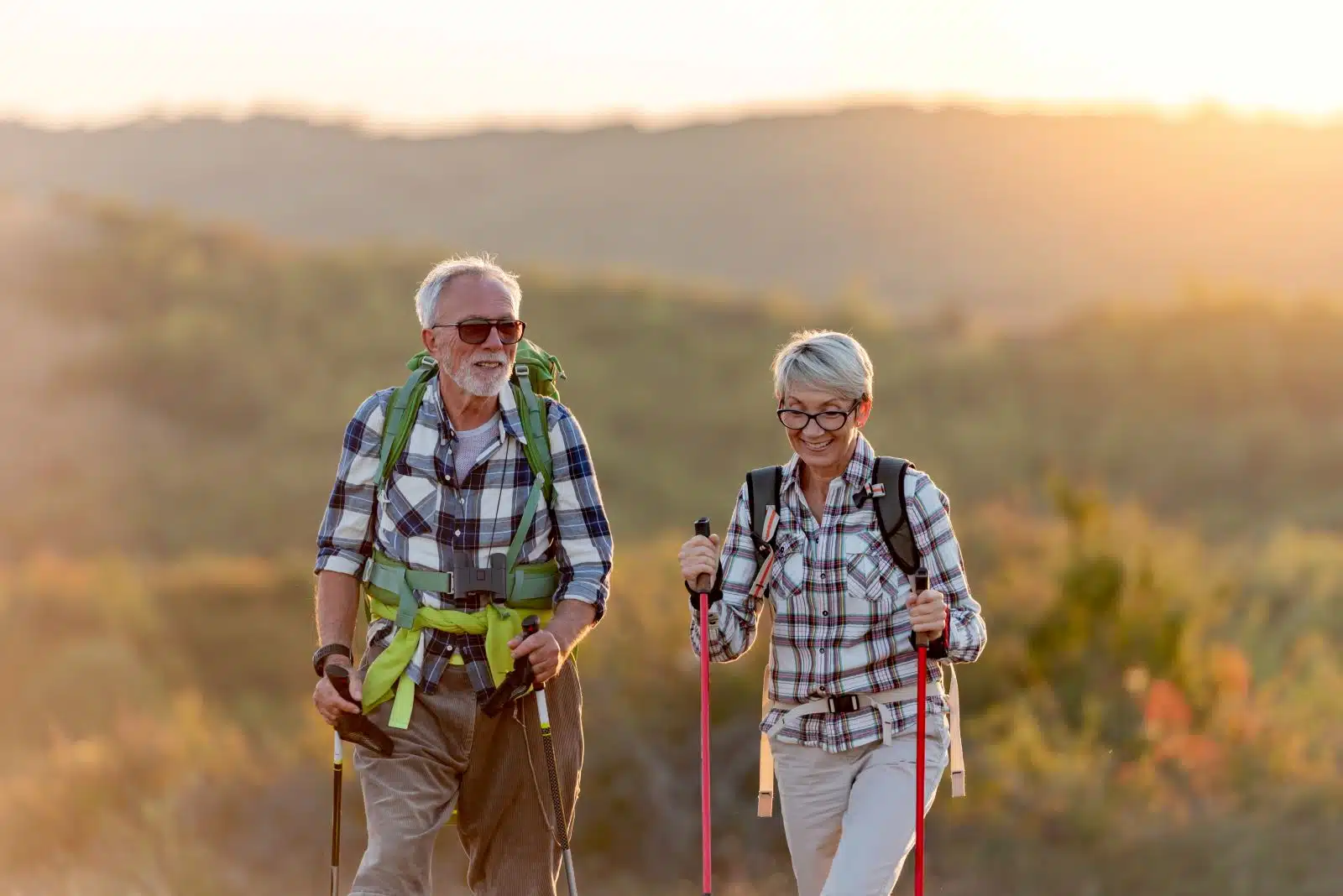
Image Credit: Shutterstock / Lordn
Travel exposes you to new environments and diverse populations, increasing the risk of encountering these diseases. Many popular travel destinations may have different vaccination rates, and outbreaks can occur unexpectedly. By getting vaccinated, you not only protect yourself but also contribute to global health efforts.
Travel Precautions Beyond MMR

Image Credit: Shutterstock / Syda Productions
Besides the MMR vaccine, check if other vaccinations are recommended for your destination. This could include hepatitis, typhoid, or yellow fever vaccines. Consulting a travel clinic can provide a comprehensive overview of necessary precautions.
Staying Healthy During Travel
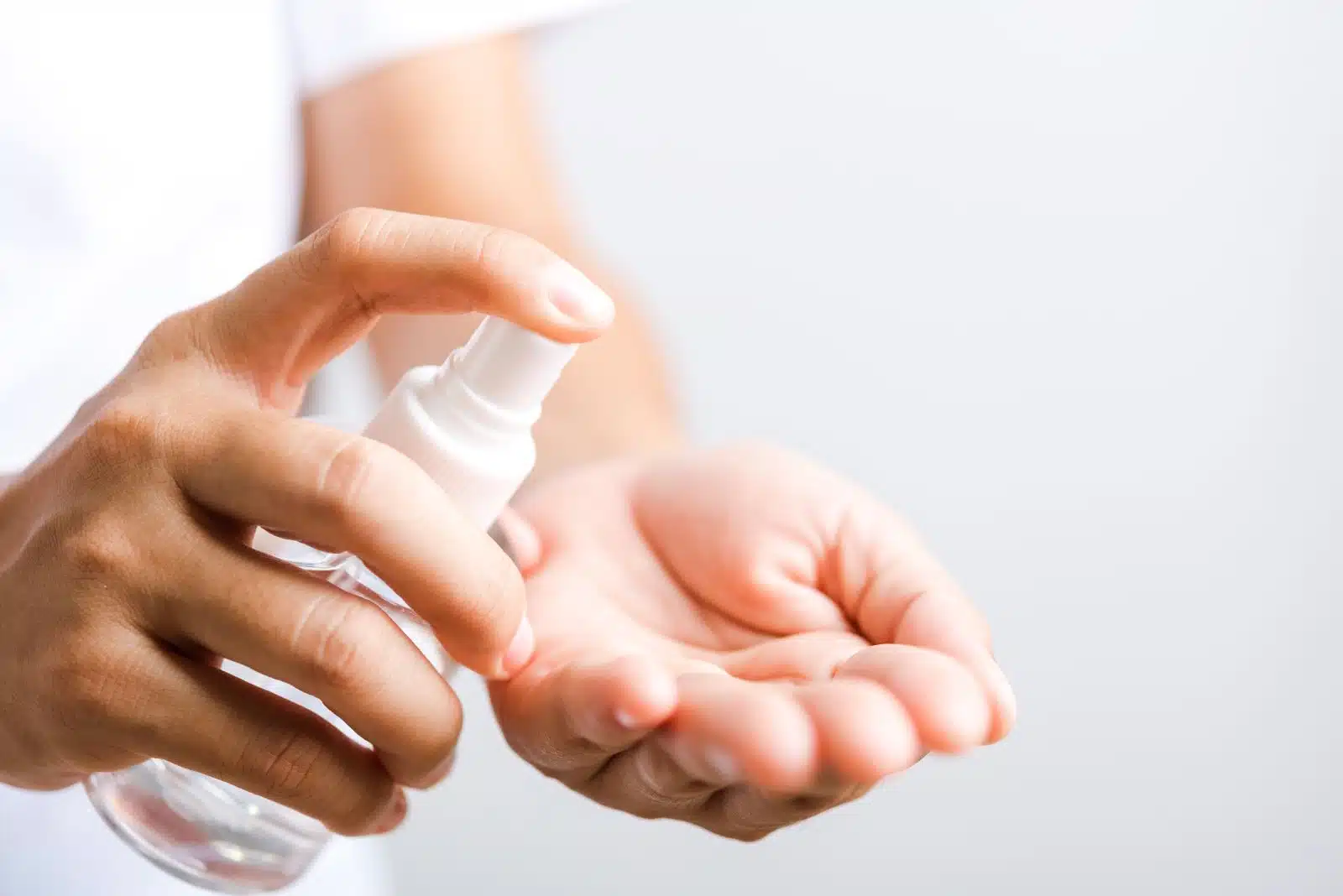
Image Credit: Shutterstock / Sorapop Udomsri
Good health practices are essential. Regular hand washing, using hand sanitizers, and avoiding contact with sick individuals can reduce your risk of contracting diseases while traveling.
What to Do if You Get Sick Abroad

Image Credit: Shutterstock / D’Action Images
If you fall ill during your travels, seek medical attention promptly. Familiarize yourself with the local healthcare system and know where to find medical facilities. Carrying travel insurance can provide peace of mind and financial protection in case of medical emergencies.
Documenting Your Vaccination Status

Image Credit: Shutterstock / nampix
Some countries require proof of vaccination for entry. Carry a copy of your vaccination records, especially if you’re traveling to regions with known disease outbreaks. Digital records stored on your phone can also be a convenient backup.
Vaccination for Frequent Travelers

Image Credit: Shutterstock / Olena Yakobchuk
If you travel frequently, keeping all vaccinations up-to-date is crucial. Regular boosters might be necessary for certain vaccines, so maintain a vaccination schedule with your healthcare provider.
The Role of Herd Immunity in Travel

Image Credit: Shutterstock / IR Stone
Vaccination helps protect not just you but also those around you by contributing to herd immunity. This is particularly important in areas with lower vaccination rates where outbreaks can quickly spread.
Special Considerations for Family Travel

Image Credit: Shutterstock / New Africa
Traveling with children requires extra precautions. Ensure all family members are vaccinated according to the recommended schedule. Children are more vulnerable to diseases, making vaccinations even more critical.
Vaccination Myths and Facts
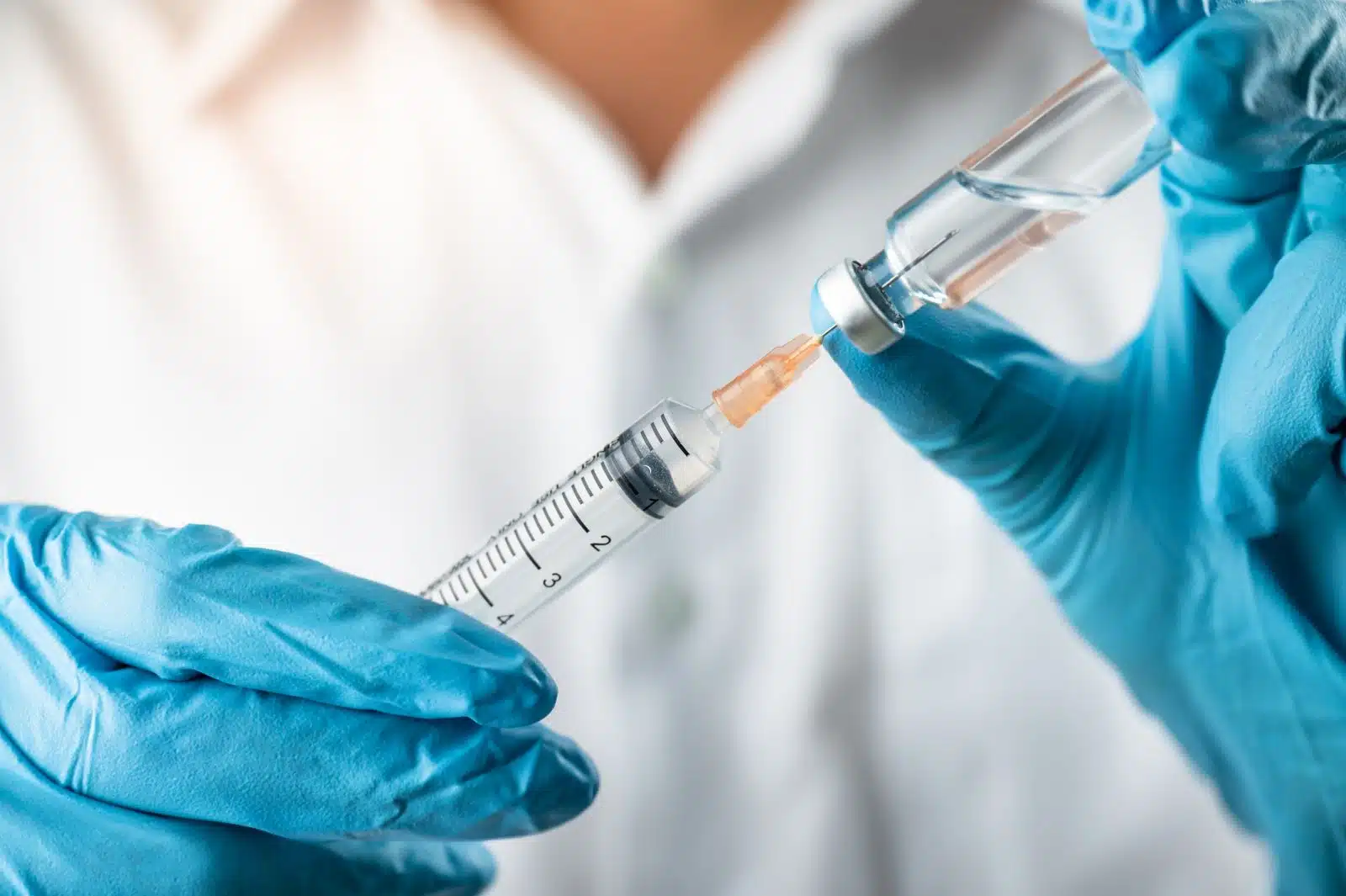
Image Credit: Shutterstock / PhotobyTawat
There are many myths about vaccinations that can cause unnecessary fear. Trust information from reputable sources like the CDC and WHO. Vaccinations are thoroughly tested for safety and effectiveness.
Preparing for the Unexpected
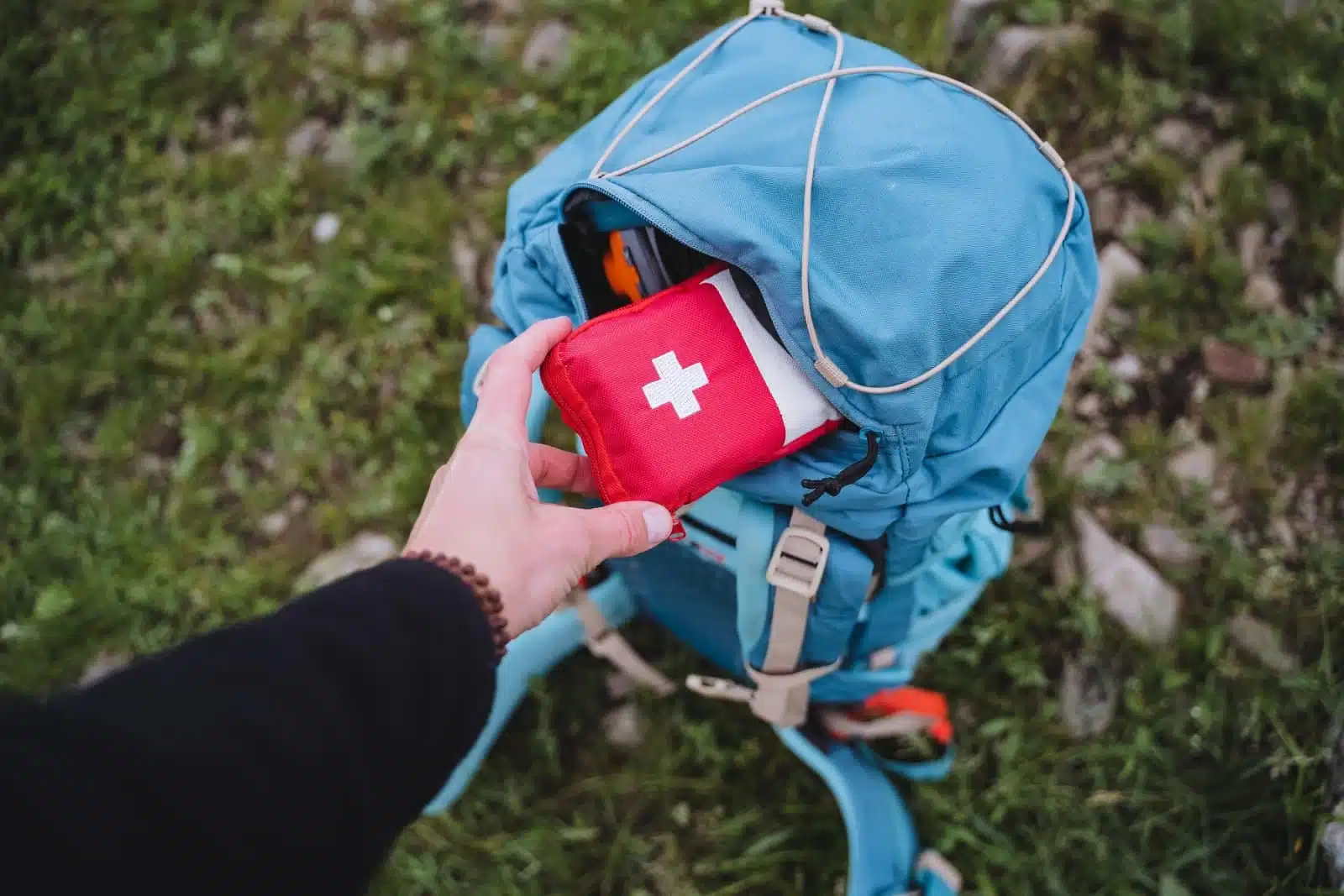
Image Credit: Shutterstock / Aleksey Matrenin
Despite all precautions, unforeseen health issues can arise. Pack a travel health kit with essentials like pain relievers, antidiarrheal medication, and a basic first-aid kit. Knowing local emergency numbers and healthcare facilities can be lifesaving.
Enjoying Your Travels with Peace of Mind

Image Credit: Shutterstock / Margo Basarab
With your vaccinations up-to-date, you can enjoy your travels with greater peace of mind. Whether you’re exploring bustling cities, relaxing on pristine beaches, or hiking through remote landscapes, being vaccinated helps ensure you stay healthy and can fully enjoy your journey.
Practical Travel Tips
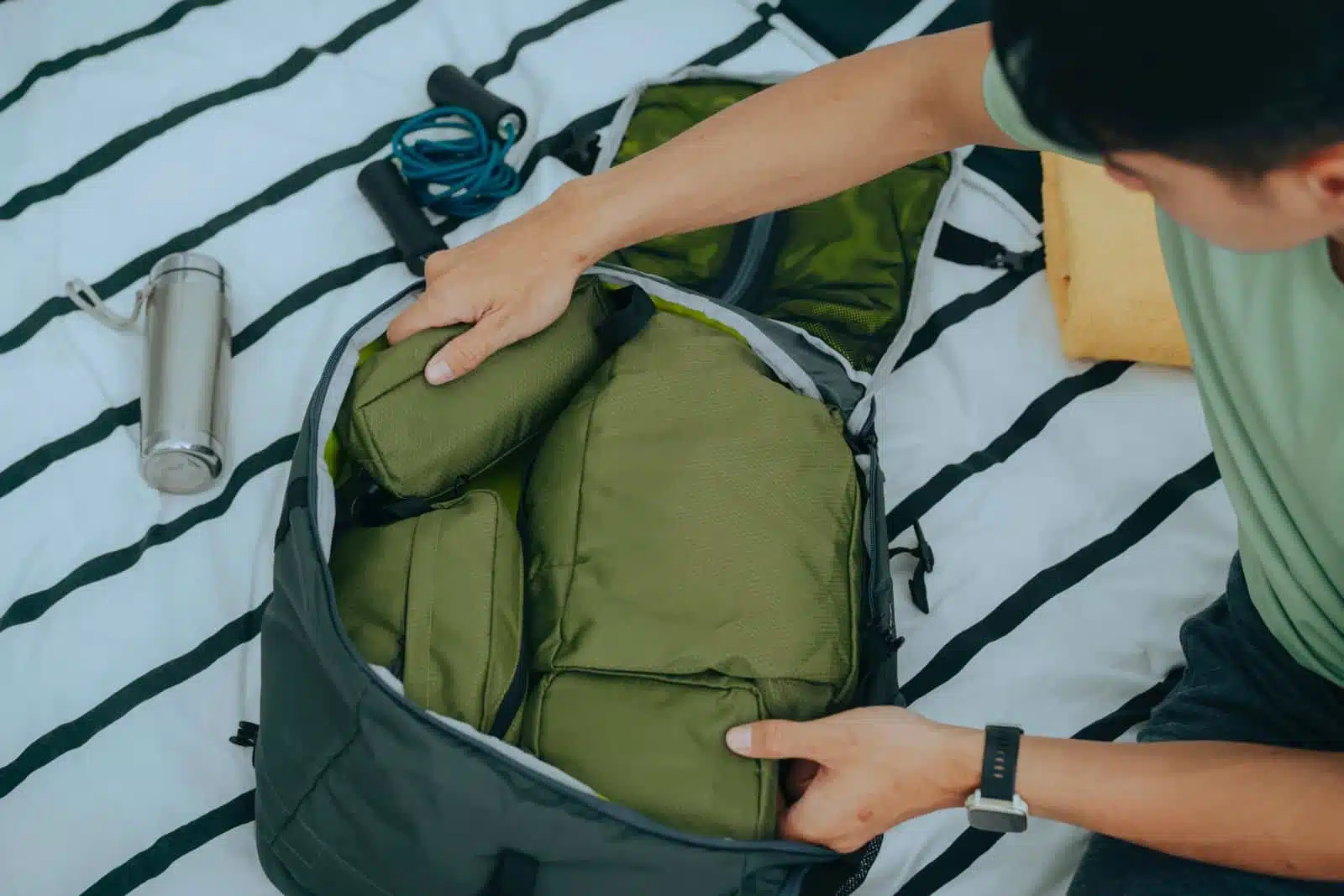
Image Credit: Shutterstock / Febriandi Dimas Wara
- Check Vaccination Requirements: Some countries may require proof of MMR vaccination for entry.
- Consult Health Professionals: Visit a travel clinic or your healthcare provider for the latest travel health advice.
- Stay Informed: Keep an eye on health advisories related to your travel destinations.
- Carry Your Vaccination Record: Keep a copy of your vaccination records with your travel documents.
By taking these steps, you’re not just preparing for an unforgettable trip—you’re also taking important measures to protect your health and the health of others. Safe travels!
More From The Green Voyage
Top 10 Trending Travel Destinations 2024
6 Essential Banking Apps for International Travel – Managing Your Finances on the Go
Traveling With Kids – 10 Tips to Create Memorable Family Holidays
Featured Image Credit: Shutterstock / Standret.
For transparency, this content was partly developed with AI assistance and carefully curated by an experienced editor to be informative and ensure accuracy.
